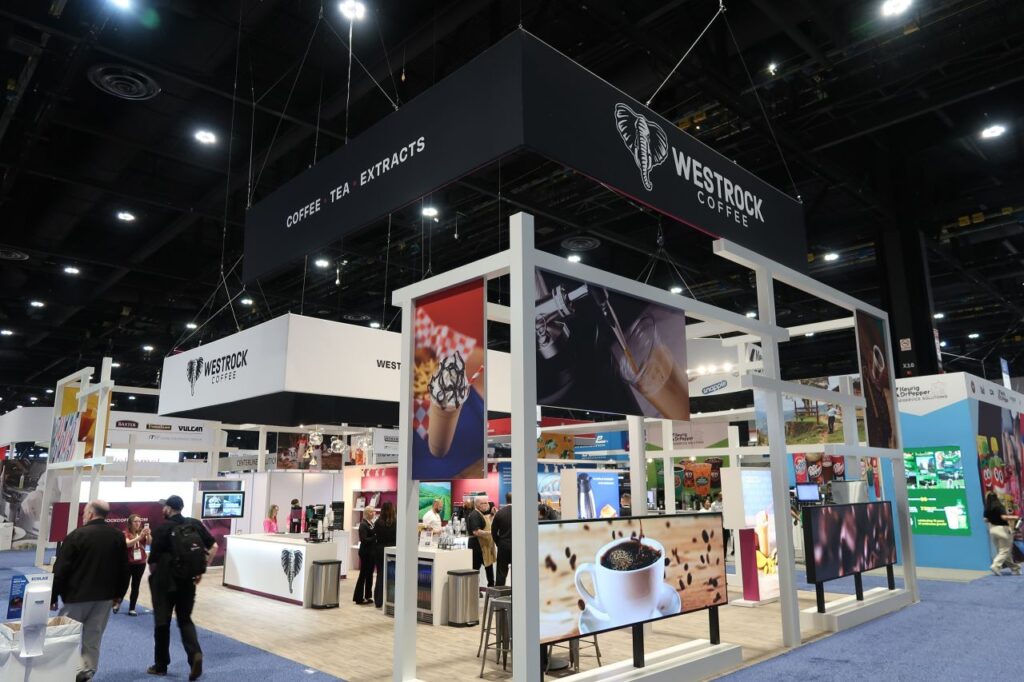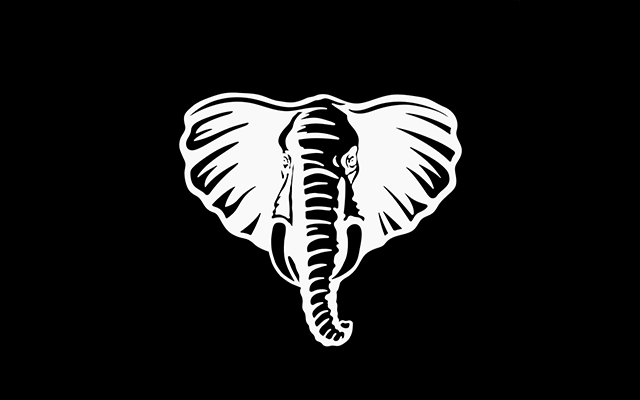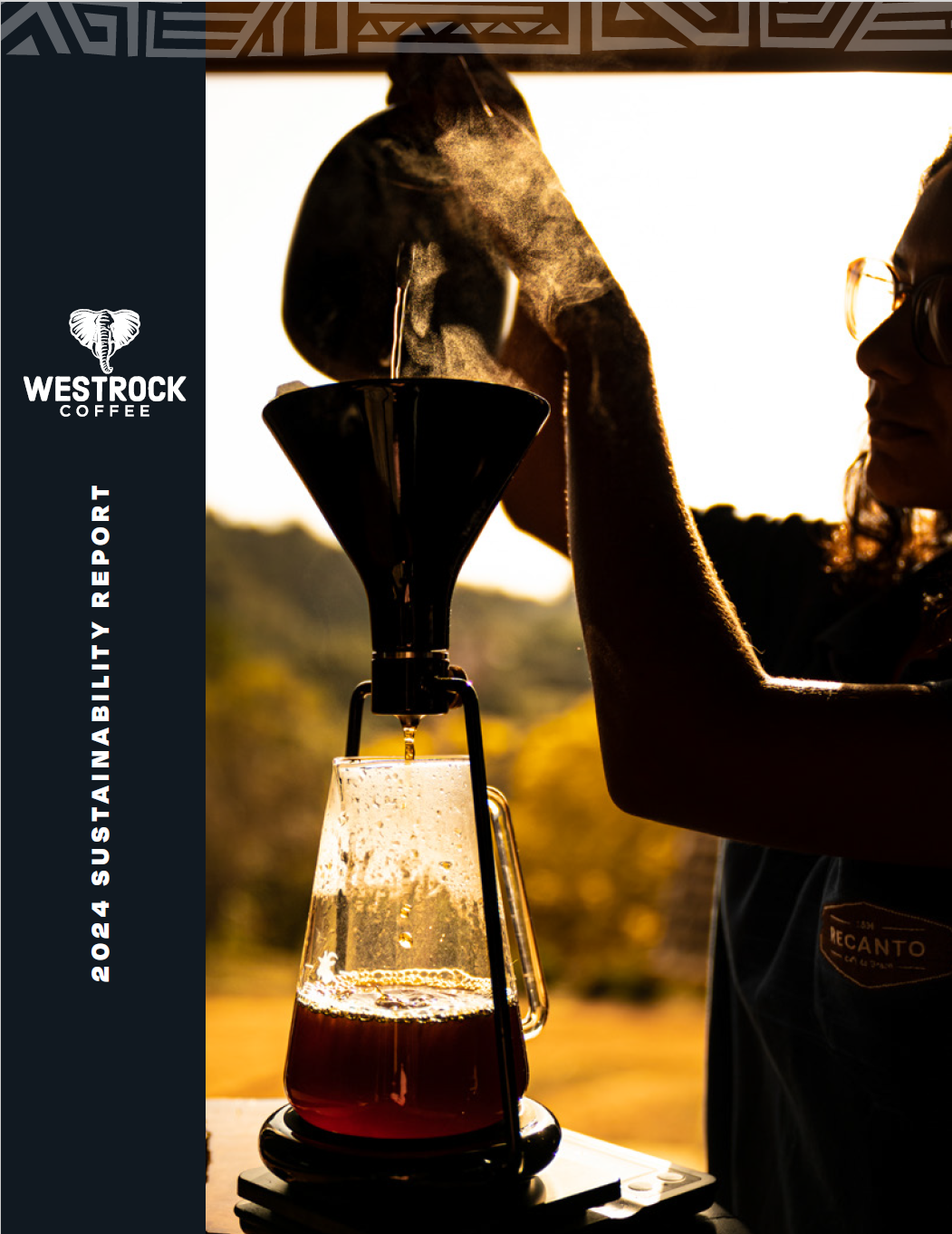November 16, 2023
As the fifth biggest country in the world and the largest country in Latin America, Brazil is well positioned to supply enormous quantities of coffee to the rest of the world. In 2022 alone, Brazil produced over 8 billion pounds of coffee! The astounding amount of coffee produced every year is not only due to the size of Brazil but is also thanks to the country’s megadiverse designation, meaning there are over 5,000 species unique to Brazil. These species and more are spread across Brazil’s 26 states with varied climates and biomes providing lush habitats for coffee and creatures alike. Six of these states, Minas Gerais, Espírito Santo, São Paulo, Bahia, Rondônia, and Paraná make up the majority of Brazil’s coffee production.
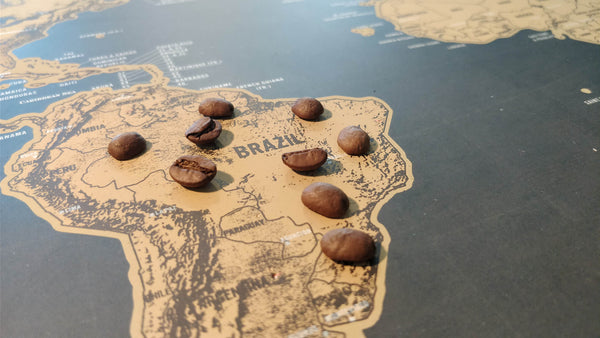
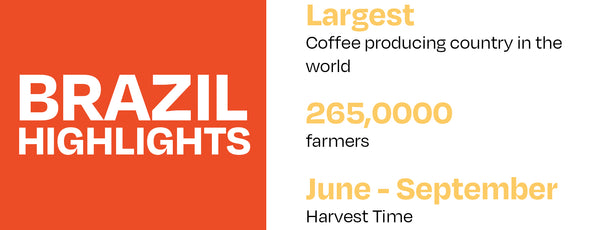
In order to become the largest coffee producing country in the world, Brazil first had to acquire coffee seeds. Legend has it that Portuguese settlers wanted to cultivate coffee in Brazil but were refused access. This refusal did not stop them, instead, the seeds were smuggled in and were first planted in 1727. For many years, coffee was produced only for domestic consumption, however, in the early 19th century this all changed. Brazil began to ramp up production to meet global demand and has been the dominant coffee producing country for over 150 years. Brazil is unique from all other coffee producing countries not only due to their enormous production volume but also because of the way that they produce coffee. Unlike many other coffee origins, Brazilian coffee production often occurs on large estates and the cultivation, harvesting, and processing is mechanized.
Westrock partners with many farmers in Brazil through our origin sustainability programs. We work directly with 81 farmers through Raíz Sustainability and with over 600 farmers through our Farmer Direct Verified (FDV) program.
One such connection is Paula Magalhães Paiva, a fifth-generation coffee farmer. Alongside her parents, Maria Selma and Afrânio, she manages Fazenda Recanto, a 439-hectare coffee estate in Machado Minas Gerais region of Brazil. Although new to the Westrock Coffee network, the farm is a well-established, successful family business dating back to 1896. Through the generations, the family has amassed a wealth of knowledge on coffee agronomy, business management, environmental conservation, and coffee quality. Beyond her drive for high quality coffee, Paula’s most proud of the work her family has poured into protecting their farm’s ecosystem. They have reforested 160 hectares of former pastureland, transforming it into a protected biodiversity corridor. Today, 40% of their farm is protected land. “Our family has dedicated several years and significant resources to restoring the native forest with a full conviction that it is the right thing to do to increase biodiversity, reduce the environmental footprint and protect water streams,” she says. To read more about Paula’s story, check out our 2022 Sustainability Progress Report.

Brazilian coffee is one of our most used origins due to its versatility and the volume produced. We don’t often use Brazil as a single origin, but it’s a key performer in our blends to balance blends that may lack body and smoothness. Our in-house flavor experts find lots of notes of chocolate and nuttiness, with a medium to heavy body in the Brazil coffee we’re using.

